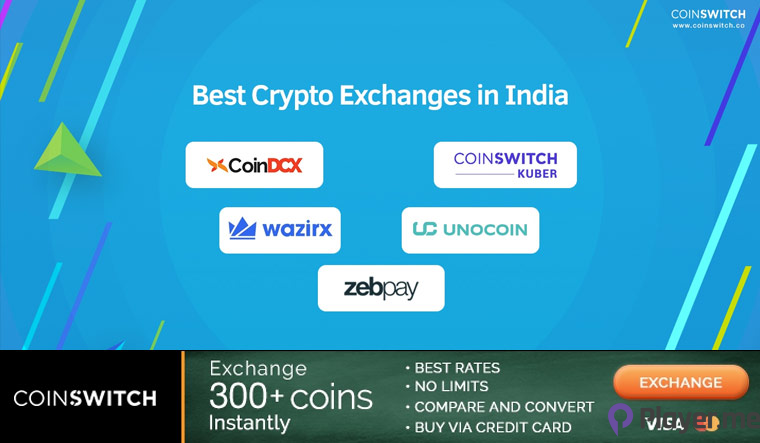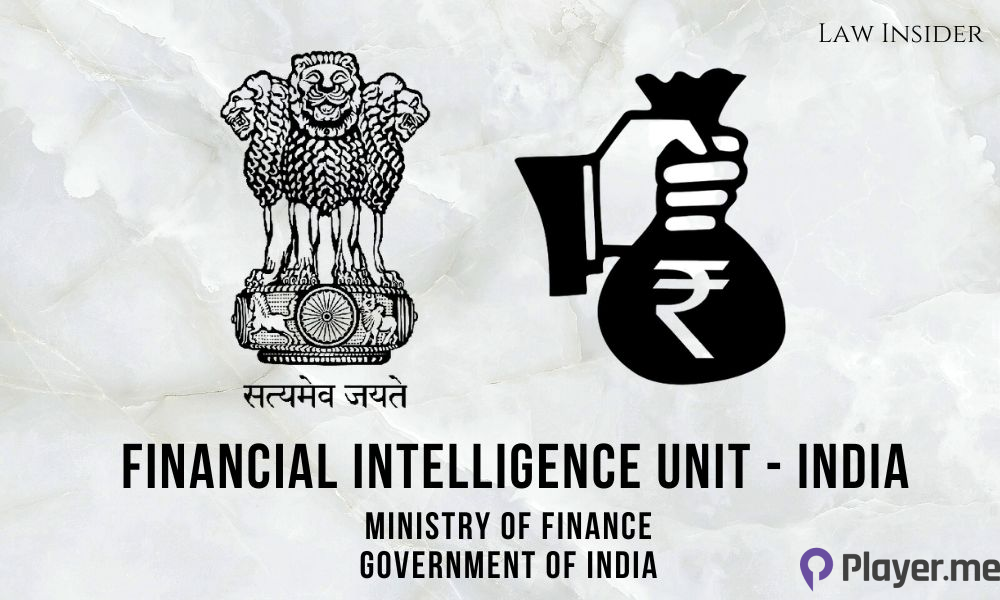In the recent turn of events in the cryptocurrency market, Google has imposed a ban on Binance and other cryptocurrency exchanges that have been operating illegally in India. The decision came as a surprise as the users were not informed of anything such beforehand.
According to sources, the Financial Intelligence Unit (FIU) forwarded the concern to the Ministry of Information Technology (IT) in India on money laundering happening through these unauthorised exchanges. The exchanges were given enough time to come up with a reason for which they failed miserably. And the result is in front of our eyes with the Google ban on Binance and other cryptocurrency exchanges.
Now, let’s take a brief look at how the whole situation unfolded and what will happen to the users who had money saved up in their accounts.
Read More: India Intensifies Regulatory Measures Against Binance and 8 Other Foreign Exchanges
A Little Background Regarding Ban on Binance
For people who don’t know, Binance has no actual site of operations and is operating illegally in many countries worldwide. Due to this, it has faced a lot of backlash from the authorities but is still being used by hundreds of thousands of people today because no one has taken any strict action against it.

Binance claimed to be registered in the Cayman Islands, but that turned out to be wrong. To date, there is no certain country of registration of Binance, but it is still the world’s biggest cryptocurrency exchange. And you might have heard of Changpeng Zhao, also known as CZ Binance, the former CEO of Binance. He, too, has many cases against it, but nothing has been done against it. Maybe in the future. We’ll see.
Why Did Google Impose a Ban on Binance and Other Exchanges in India?
There have been multiple reasons behind this strict action. One of them is that these exchanges haven’t complied with the country’s policies, thus creating a pit for themselves. These foreign exchanges also have easier Know-Your-Customer (KYC) policies, which attracted users in India who were done with the strict KYCs by Indian exchanges.
Challenges for Indian Cryptocurrency Exchanges

Indian cryptocurrency exchanges, including CoinSwitch Kuber and CoinDCX, which have maintained rigorous KYC verifications, expressed concerns about users shifting to decentralised exchanges due to the new taxation policy. They urged offshore platforms to comply with India’s anti-money laundering and counter-financing of terrorism measures for greater regulatory oversight and consumer protection.
Ashish Singhal, the co-founder of CoinSwitch, also wrote on X that “CoinSwitch and CoinSwitch PRO, as well as several other Indian VDA exchanges, are already compliant with India’s PMLA requirements for VASPs, and there is no reason why offshore exchanges shouldn’t do the same, should they wish to do business in India”.
Also Read: 28 Cryptocurrency Firms in India Register with National Anti-Money Laundering Agency
Impact on Indian Traders Before Ban on Binance
Many Indian traders have turned to global cryptocurrency platforms in an attempt to evade taxes, especially after India began imposing taxes on virtual currencies. The taxation policy includes a 30% tax on gains and a 1% deduction on each crypto transaction. Read about crypto taxation here.
This move has led to a substantial drop in trading volume on India-based crypto exchanges, such as WazirX, which experienced a staggering 97% decrease in trading volume over two years as traders shifted to global apps. This was one of the defining factors in Google’s ban on Binance and others.
FIU’s Call For Compliance

The FIU emphasised that any exchange providing services to Indian users must register as a “Reporting Entity” and submit statements to the income tax department. The FIU proposed that the Ministry of IT block the websites of the mentioned exchanges due to non-compliance.
Presently, 31 Virtual Digital Asset Service Providers (VDA SPs) have successfully registered with FIU India, but several foreign entities, despite serving a substantial user base in India, have been evading registration.
In the official notice by FIU, it said, “As part of compliance action against the offshore entities, FIU India has issued compliance Show Cause Notices to following nine offshore VDA SPs under Section 13 of the Prevention of Money Laundering Act, 2002 (PMLA)”.
Quick Link: 7 Crypto Court Cases Coming in 2024
Global Crypto Exchanges’ Response
Global crypto exchanges, including Binance, affirmed their commitment to adhering to local regulations and laws. Despite the removal from Google’s Play Store, Binance assured existing users that their accounts and funds were safe, which we’ll know once the customers have access to their accounts again.
However, because the exchanges didn’t respond with any explanation regarding the notice given on 28 December with a two-week notice, the exchanges were taken down from the Play Store and App Store as well. This was the last straw that led to the ban on Binance, Kucoin, Huobi, and more.
Crypto Exchanges Now Banned in India
You might think that Binance is the only exchange which has been banned. But that’s not true. Binance, being the major player and the biggest cryptocurrency exchange, took most of the hit. This doesn’t mean that it was the only one operating illegally in India and, as a matter of fact, around the globe. The other crypto exchanges that are facing the consequences as well are:
- Kucoin.
- Huobi.
- OKX.
- Gate.io.
- Bittrex.
- Bitstamp.
- MEXC Global.
- Bitfinex.
A total of 9 exchanges have been removed from the Google Play store, and all the URLs that direct to these websites have also been restricted for Indian citizens. So, if you’re living in India, you probably won’t be able to trade your digital assets via the exchanges listed above.
Also Read: Look Out for These 5 Key Cryptocurrency Trends in 2024
The Regulatory Landscape in India
India has a history of maintaining a stringent stance on cryptocurrencies. The Reserve Bank of India had implemented a ban on cryptocurrencies about five years ago, which the Supreme Court eventually overturned. Despite the reversal, the central bank continued to advocate for outlawing cryptocurrencies, likening virtual digital assets to a Ponzi scheme.
The Future of Cryptocurrencies in India After Ban on Binance

The ban on Binance didn’t come as a surprise, as it was bound to happen because of its non-compliance with Indian policies. However, the removal of crypto exchanges from the Google Play Store, coupled with Internet Service Providers’ (ISPs) actions and regulatory scrutiny, indicates a challenging landscape for the crypto industry in India.
As lawmakers continue to crystallise their stance, the crypto community may be hoping for WAGMI – We’re all going to make it, but India appears to believe that the space is NGMI – Not Going to Make It. For more such exciting and up-to-date news articles in the cryptocurrency world, visit https://player.me/category/news/crypto/.
Author Profile
Latest entries
 GAMING2024.06.12Top 4 Female Tekken 8 Fighters to Obliterate Your Opponents in Style!
GAMING2024.06.12Top 4 Female Tekken 8 Fighters to Obliterate Your Opponents in Style! NEWS2024.03.18Elon Musk’s SpaceX Ventures into National Security to Empower Spy Satellite Network for U.S.
NEWS2024.03.18Elon Musk’s SpaceX Ventures into National Security to Empower Spy Satellite Network for U.S. GAMING2024.03.17PS Plus: 7 New Games for March and Beyond
GAMING2024.03.17PS Plus: 7 New Games for March and Beyond GAMING2024.03.17Last Epoch Necromancer Builds: All You Need To Know About It
GAMING2024.03.17Last Epoch Necromancer Builds: All You Need To Know About It





